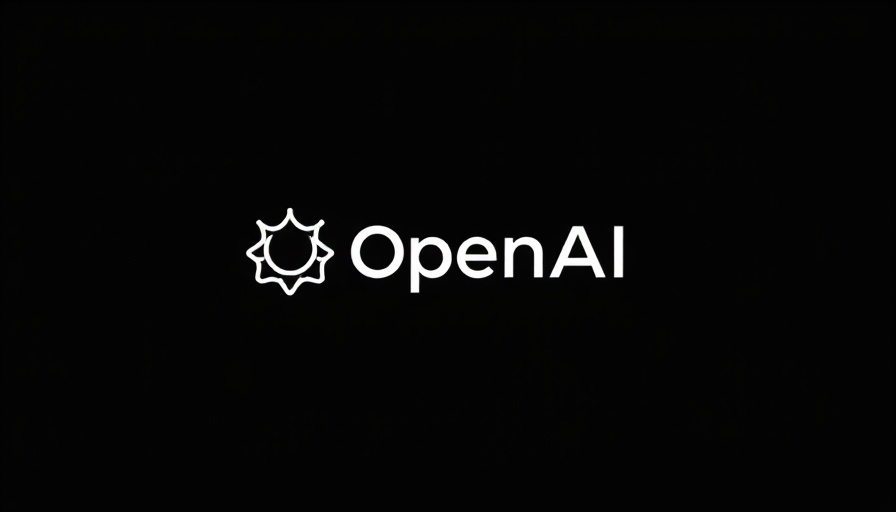
OpenAI’s $20,000 AI Agents: A Revolutionary Step or High-Stakes Gamble?
OpenAI is preparing to release its new line of AI agents, including specialized models for high-income professionals and software developers, priced as high as $20,000 per month. This ambitious move can profoundly shape the future of work and how businesses operate.
The Landscape of AI Agents
According to reports, OpenAI's agents aim to function as "high-income knowledge workers" and software developers. The more accessible of these models will start at $2,000 monthly while the upcoming software developer agent comes at a hefty $10,000. The crowning offering, an AI capable of conducting PhD-level research, will demand a staggering $20,000 monthly—an audacious pricing strategy considering the tech's market history.
Investment Backing and Future Prospects
Investor enthusiasm is palpable, with SoftBank reportedly committing $3 billion to propel OpenAI's ambitions in this domain. However, the key question remains: will enterprises find sufficient value in these agents to justify their costs?
A large shift from OpenAI’s previous maximum subscription of $200 monthly, this pricing strategy signals a pivotal shift in their business model. Analysts speculate that these AI agents could generate 20% to 25% of OpenAI’s long-term revenue, but only if they can deliver on expected returns.
Market Reaction and Competitive Landscape
OpenAI's pricing strategy undoubtedly raises eyebrows, as businesses historically remain cautious about high expenditure on emergent technologies. With competitors like Google and Anthropic closely watching, OpenAI must substantiate its pricing with demonstrated value to avoid losing potential clients to more affordable alternatives in the burgeoning field of AI.
Implications for Professionals and Businesses
The integration of these advanced AI agents could redefine roles within organizations, raising the question of job displacement versus job enhancement. While some professionals may fear losing their positions to machines, others may benefit from enhanced productivity and efficiency in their daily tasks.
The Broader Societal Impact
As we approach an era where automation becomes increasingly prevalent, the introduction of high-price AI agents begs societal considerations. Will AI deepen the divide between skilled and non-skilled workers? Can these tools be harnessed responsibly to uplift industries rather than simply line corporate pockets?
Common Misconceptions about AI Agents
There are numerous myths surrounding AI and automation, one of the most notable being that AI will make human jobs obsolete. The reality is that AI can augment labor, enhancing capabilities rather than replacing them. Businesses adopting AI agents will likely need to adapt their workforce, focusing on cross-training employees to work alongside these new technologies.
As OpenAI moves forward with these groundbreaking offerings, its success will hinge not just on the technology itself but on its ability to communicate and demonstrate the value it brings to corporate clients and society alike.
As you consider how AI will affect your business or career, keep an eye on OpenAI's developments. The landscape is shifting quickly, and staying informed will be key to navigating the future of work.
 Add Row
Add Row  Add
Add 




 Add Row
Add Row  Add
Add 

Write A Comment